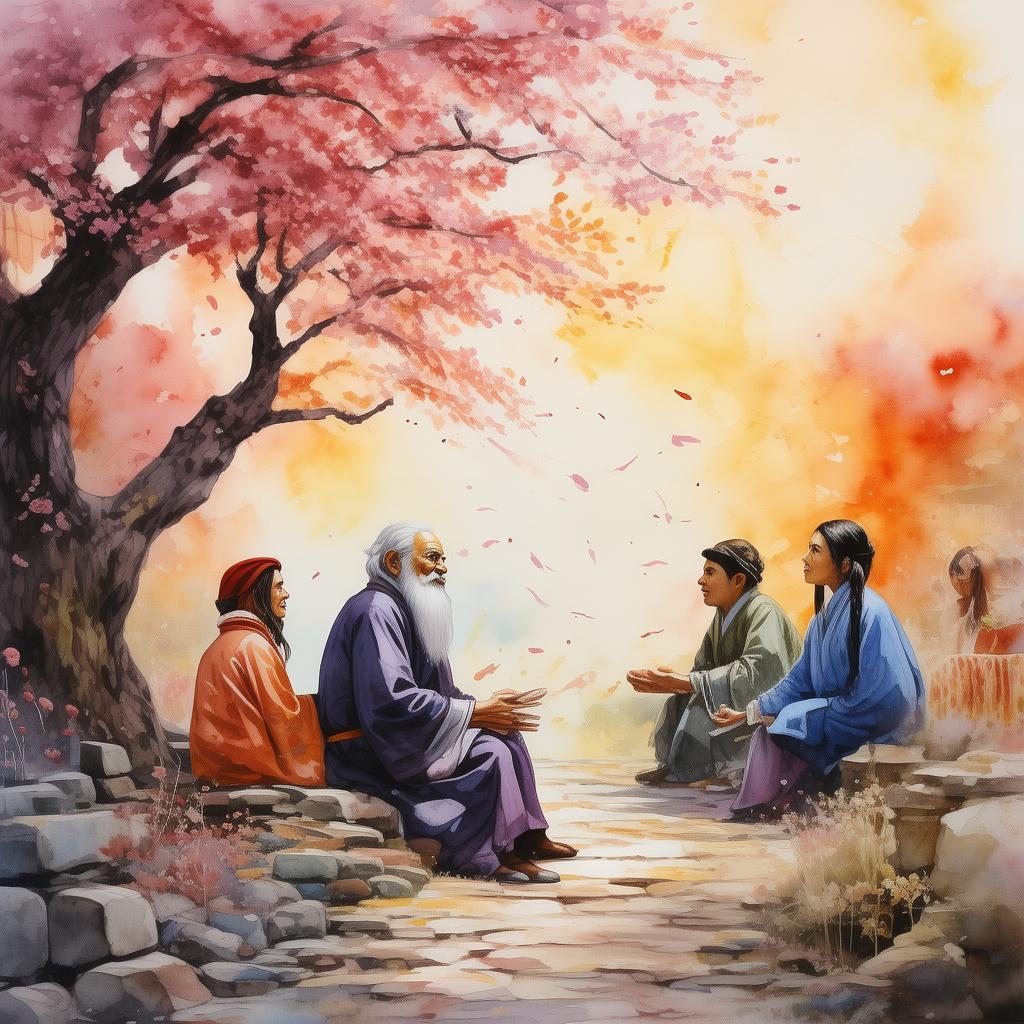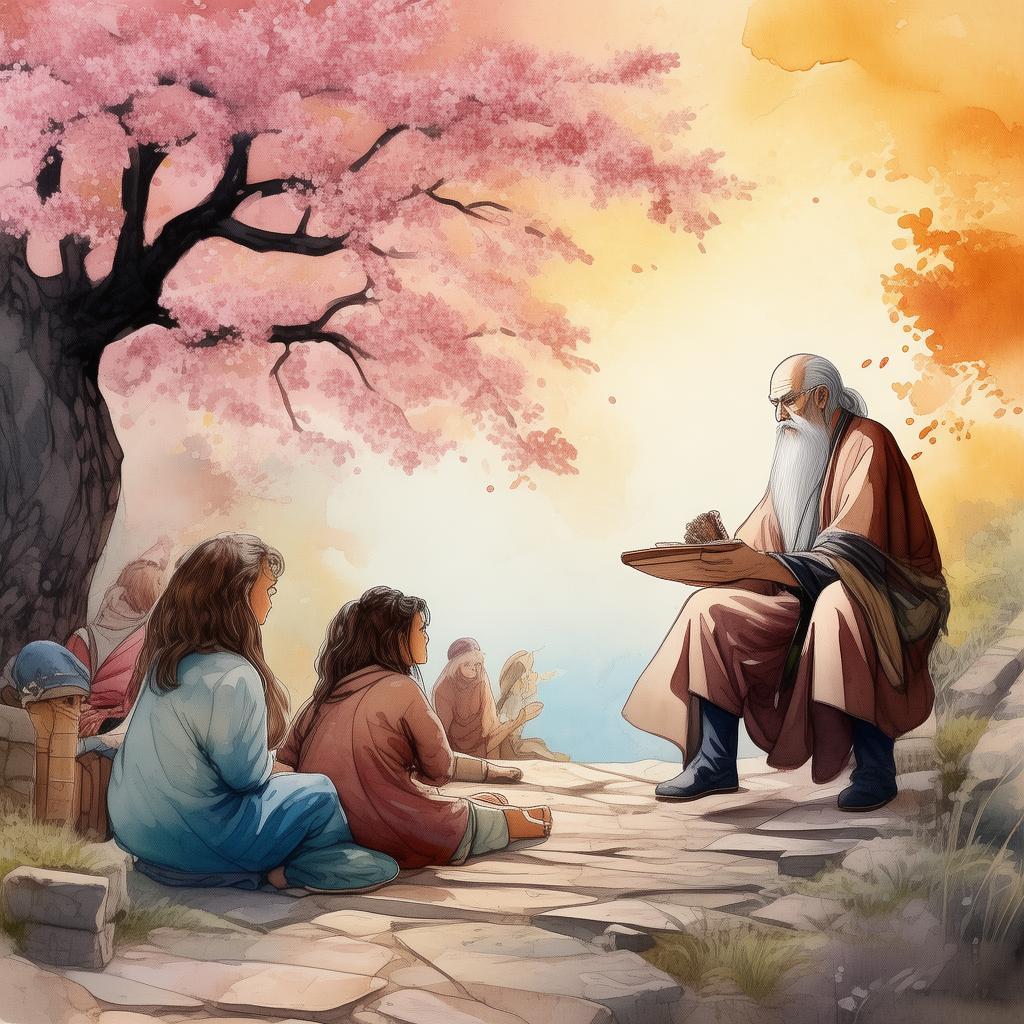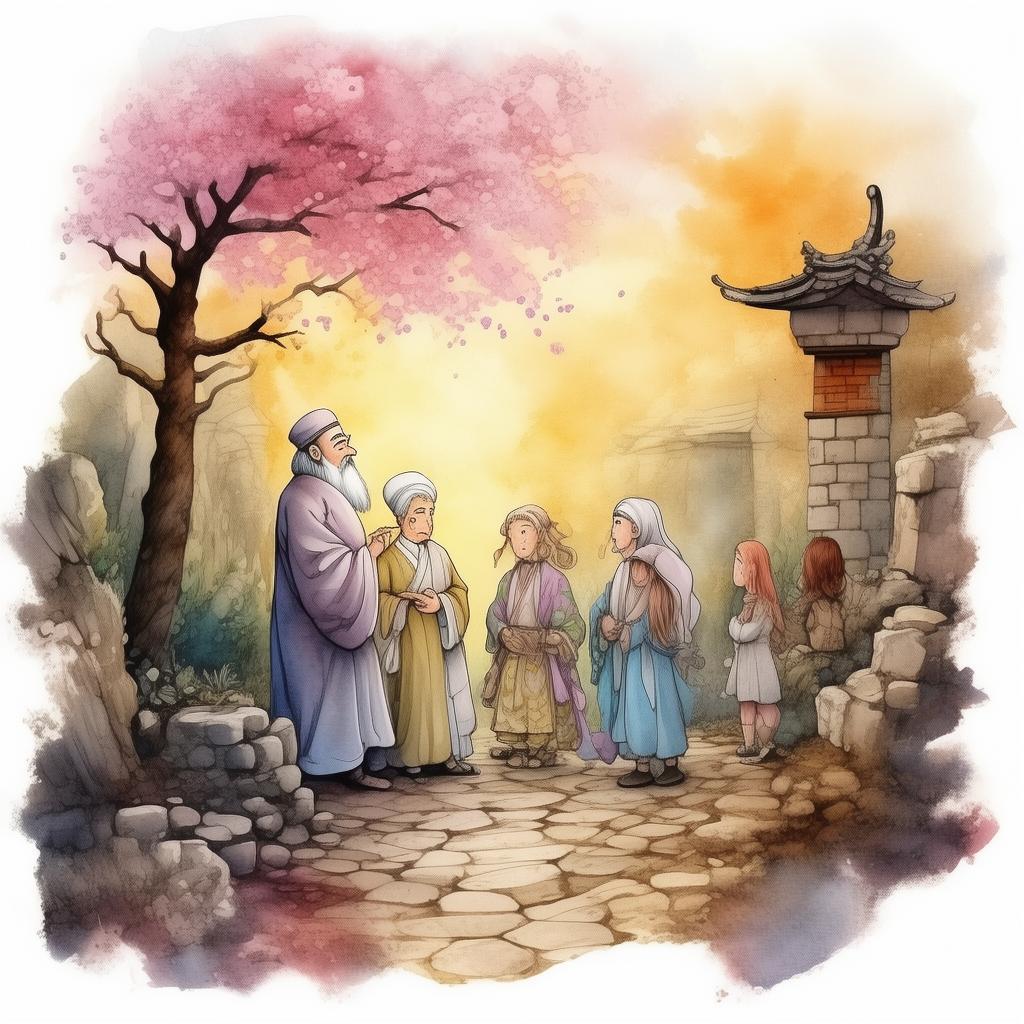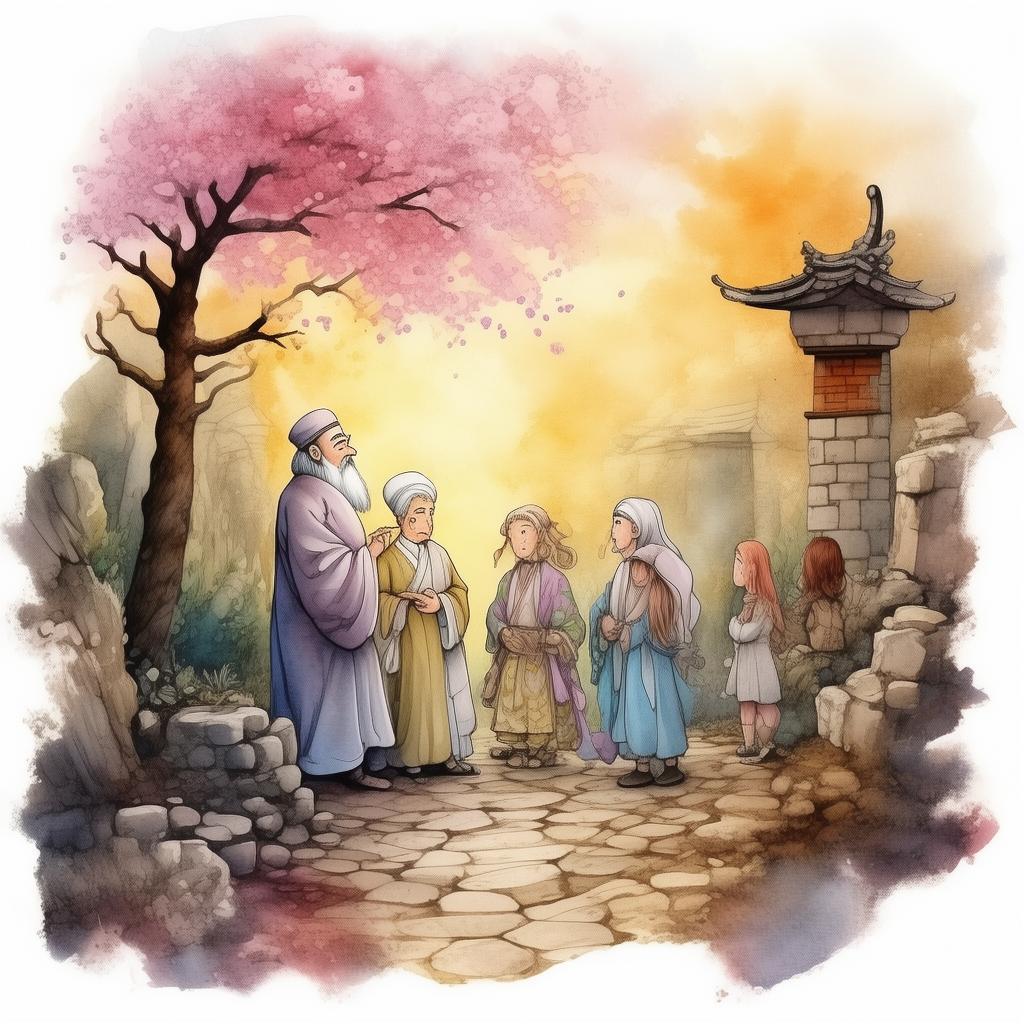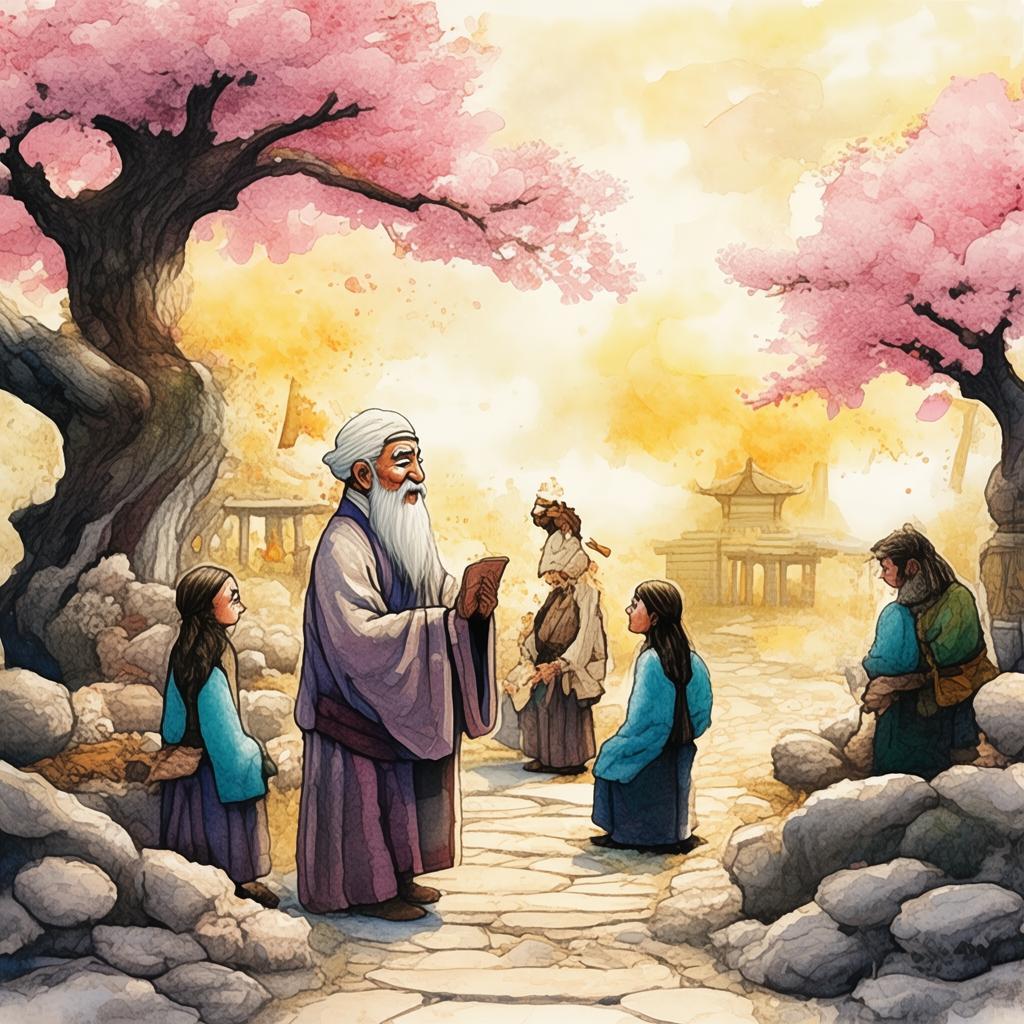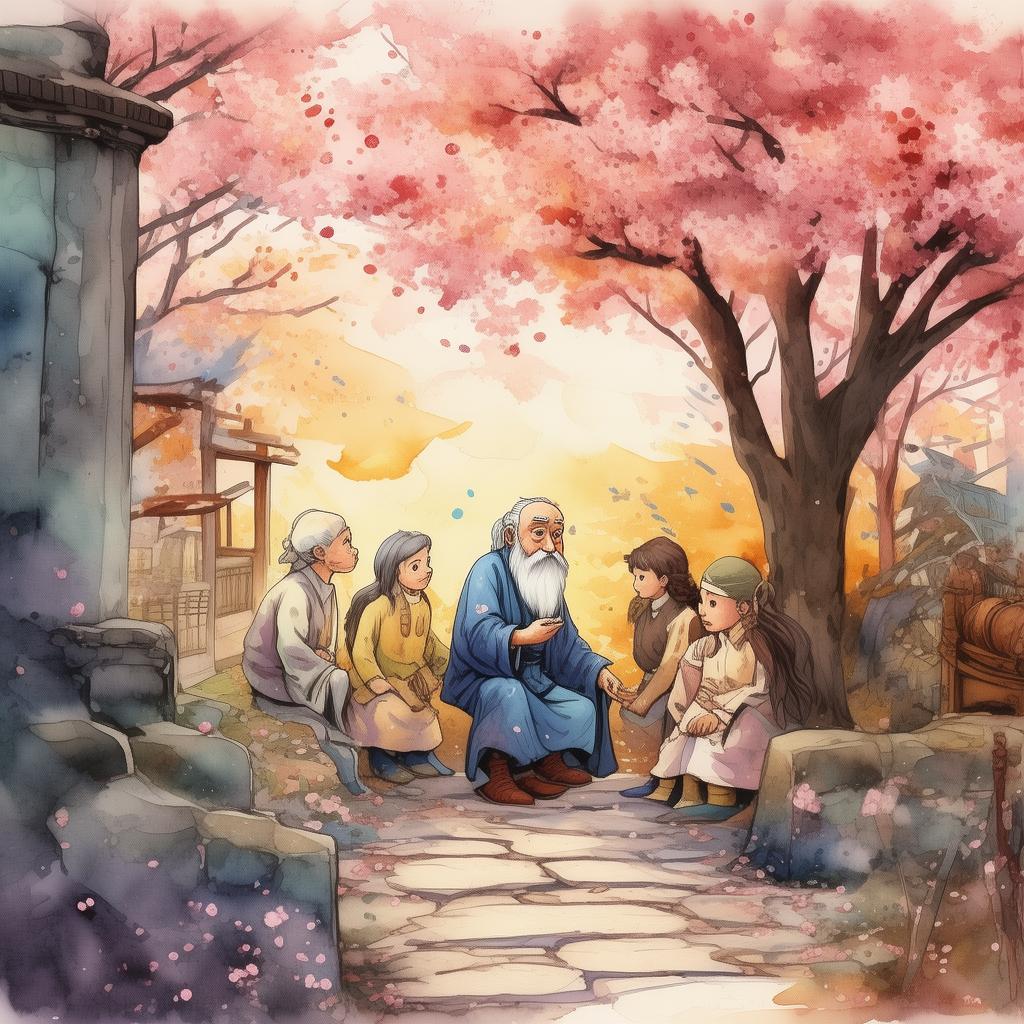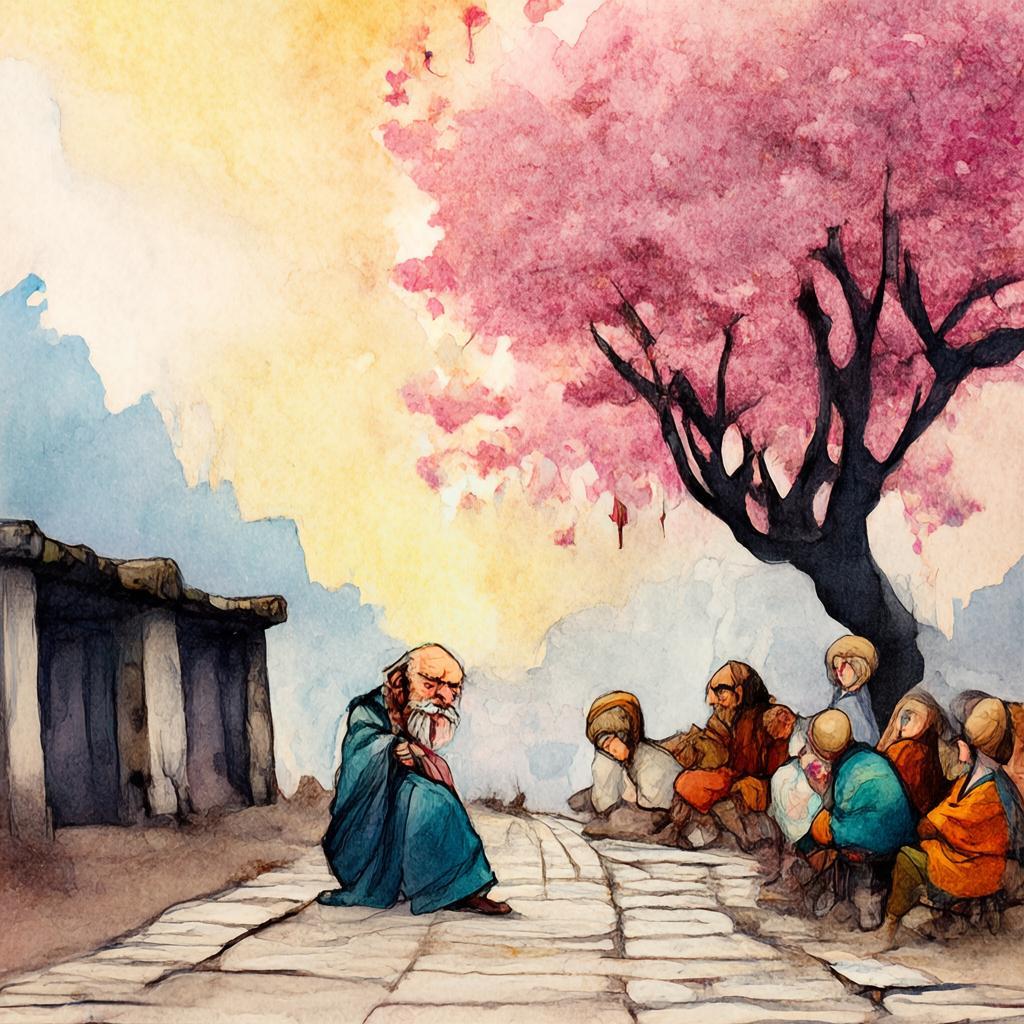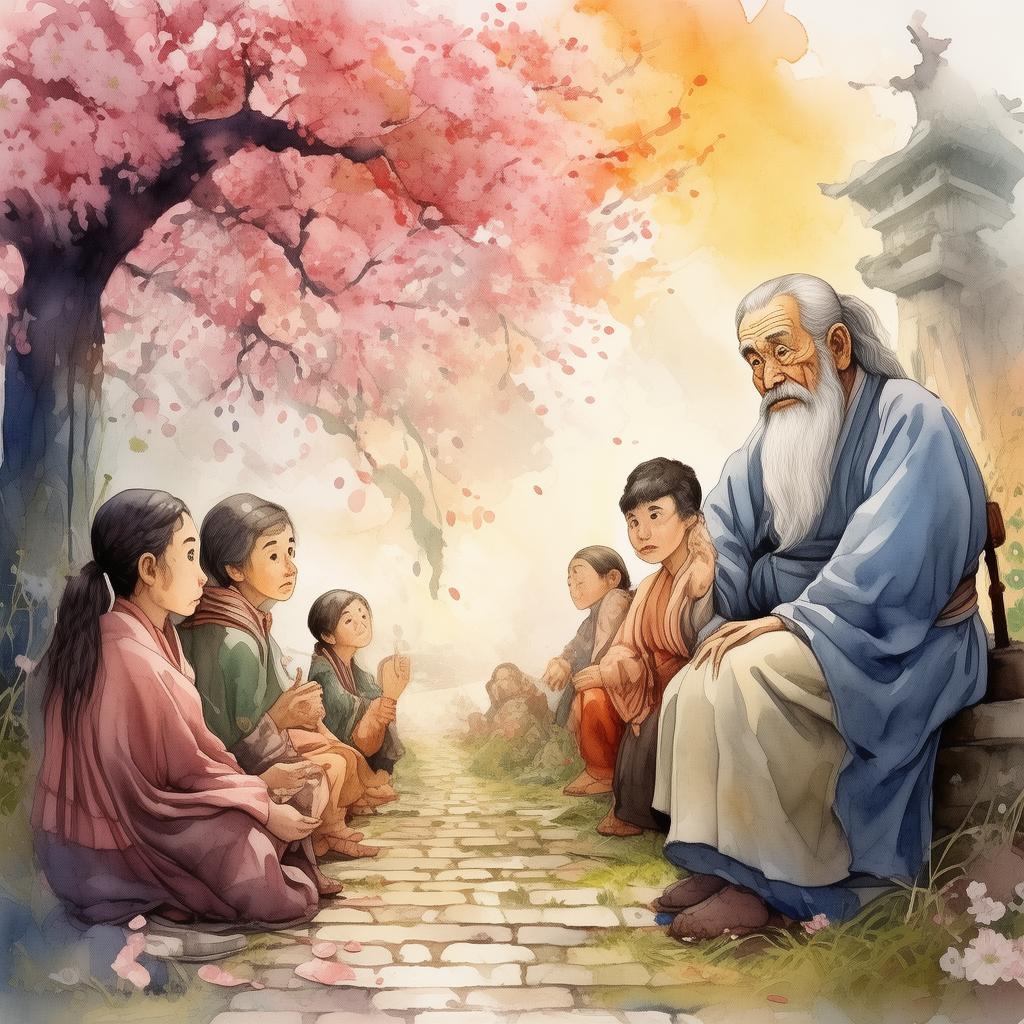The Quantum Paradox: The Quest for the Missing Key
In the heart of a bustling metropolis, nestled within the towering walls of a futuristic research facility, there existed a room that was unlike any other. It was here, amidst the hum of advanced technology and the glow of holographic displays, that Dr. Li Wei, a brilliant yet enigmatic quantum physicist, sought the answer to a question that had haunted him for years: What was the nature of consciousness, and how did it relate to the quantum world?
Dr. Li had always been fascinated by the quantum theory, which described the behavior of particles at the smallest scales. The theory, however, was riddled with paradoxes and uncertainties, the most notorious of which was Schrödinger's cat. This thought experiment, where a cat is simultaneously alive and dead until observed, was a stark reminder of the probabilistic nature of reality.
One evening, as Dr. Li sat in his dimly lit office, lost in contemplation, a thought struck him like a bolt of lightning. What if consciousness itself was the key to resolving the quantum paradox? He had read about the quantum mind hypothesis, which suggested that consciousness could be a fundamental aspect of the quantum world. But could this be true? Could his own consciousness be the bridge between the macroscopic and the microscopic?
Determined to test his theory, Dr. Li embarked on a daring experiment. He designed a device that would use quantum entanglement to create a "quantum mind" by entangling the quantum states of particles with his own brain waves. The device was complex, a symphony of circuits and sensors, but Dr. Li was confident in its potential.
The night of the experiment was tense. Dr. Li lay in a specialized chamber, his brain connected to the device through a series of electrodes. The room was a cacophony of beeps and whirs as the machine hummed to life. He felt a strange sensation, as if his thoughts were being pulled apart and woven into the fabric of the quantum world.
Suddenly, the room went silent. The machine's display flickered, and a message appeared: "Quantum mind achieved." Dr. Li's breath caught in his throat. He had done it. He had created a quantum mind, a fusion of his own consciousness and the quantum world.
But as he delved deeper into the quantum mind, strange things began to happen. The boundaries between his own thoughts and the quantum particles blurred. He could feel the particles' energy, their probabilities and possibilities. It was as if he had become the observer, and the paradoxes of quantum physics were no longer mysteries but reflections of his own mind.

In this quantum world, Dr. Li discovered a key, a missing piece of the puzzle. It was the realization that consciousness was not just a product of the brain but an intrinsic aspect of the universe itself. The quantum world was not a place of randomness and chaos but a realm of probabilities that could be influenced by consciousness.
As he emerged from the quantum mind, Dr. Li felt a profound shift in his understanding of the world. He realized that the same principles that governed the quantum world could be applied to human consciousness. The boundaries between the mind and the universe were not as rigid as he had once believed.
However, with this newfound knowledge came a dilemma. Dr. Li was now aware of the power of consciousness to influence the quantum world. Could he use this power for good or would it lead to unforeseen consequences? The choice was his, and it would define his future.
Days turned into weeks as Dr. Li grappled with the implications of his discovery. He knew that his research could revolutionize the field of quantum physics, but he also understood the ethical implications of wielding such power. He decided to share his findings with the world, hoping that others would use this knowledge responsibly.
The story of Dr. Li Wei and his quantum mind experiment spread like wildfire. It sparked a global debate about the nature of consciousness and the role of humans in the universe. The world was no longer the same, and Dr. Li's quest for the missing key had opened the door to a new era of understanding.
In the end, Dr. Li realized that the key was not a physical object but a state of mind. It was the realization that consciousness was a fundamental aspect of the universe, and that each person had the power to influence the quantum world through their own thoughts and actions.
The Quantum Paradox: The Quest for the Missing Key was not just a story of scientific discovery; it was a story of self-discovery and the profound impact that one person's choices can have on the world.
✨ Original Statement ✨
All articles published on this website (including but not limited to text, images, videos, and other content) are original or authorized for reposting and are protected by relevant laws. Without the explicit written permission of this website, no individual or organization may copy, modify, repost, or use the content for commercial purposes.
If you need to quote or cooperate, please contact this site for authorization. We reserve the right to pursue legal responsibility for any unauthorized use.
Hereby declared.

